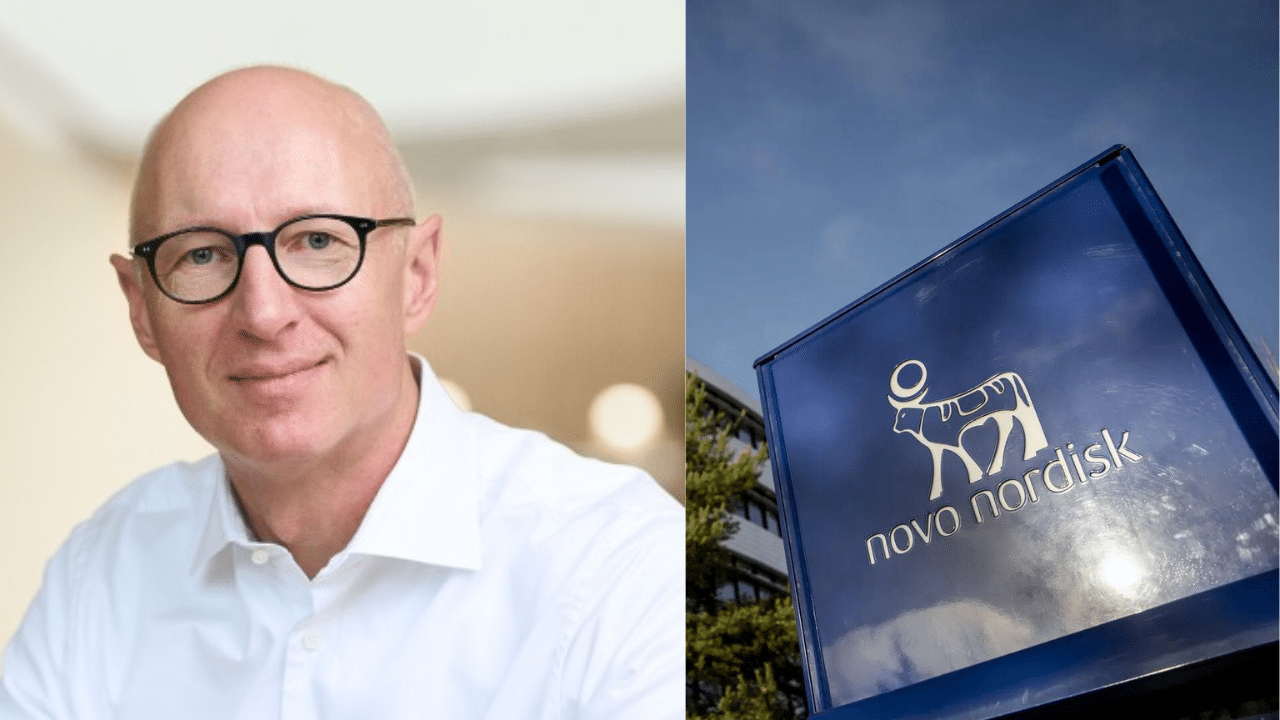Novo Nordisk CEO Resigns in Response to Market Challenges

Danish pharmaceutical company Novo Nordisk has announced the resignation of its CEO, Lars Fruergaard Jorgensen, amid ongoing market challenges and a significant decline in the company’s stock value. The decision for a leadership transition comes as Novo Nordisk faces a more than 50% drop in share prices since mid-2024, following a period of rapid growth driven by its weight-loss drugs, Ozempic and Wegovy. Jorgensen will remain in his position temporarily to ensure a smooth transition to new leadership.
Market Challenges and Stock Decline
Novo Nordisk’s decision to initiate a CEO succession is primarily influenced by the company’s recent struggles in the market. The firm has seen its stock price plummet over 50% since June 2024, a stark contrast to the surge experienced after the successful launch of its popular medications, Ozempic and Wegovy. Both drugs, which contain semaglutide as their active ingredient, had previously driven significant investor confidence. However, the recent downturn has prompted the board and Jorgensen to mutually agree on the need for new leadership to steer the company through these turbulent times.
Following the announcement of Jorgensen’s departure, Novo Nordisk’s shares fell an additional three percent on the Copenhagen exchange. The company has also revised its annual sales growth forecast downward, adjusting it from an expected 16-24% to a more conservative 13-21%. This adjustment reflects the increasing competition in the market, particularly from compounded versions of its GLP-1 drugs, which have emerged during a recent supply shortage.
Competition and Regulatory Challenges
Novo Nordisk is currently facing heightened competition from rivals, particularly Eli Lilly, whose weight-loss drug Zepbound is gaining popularity. A recent study published in the New England Journal of Medicine indicated that patients using Zepbound experienced greater weight loss compared to those using Novo Nordisk’s medications. This competitive pressure has contributed to the decline in Novo Nordisk’s share prices, particularly following the announcement of successful clinical trials for Eli Lilly’s new diabetes and obesity medication, orforglipron.
Additionally, the company is grappling with regulatory challenges related to the compounding of its drugs. Although U.S. regulators declared a supply shortage over in February and ordered an end to compounding, the effects of this situation continue to impact Novo Nordisk’s market position. The company has stated its commitment to preventing unlawful and unsafe compounding practices, as it seeks to stabilize its operations and regain investor confidence.
Future Outlook and Industry Trends
The pharmaceutical landscape for diabetes and obesity treatments is evolving rapidly, with significant implications for companies like Novo Nordisk. Diabetes currently affects over 10% of the global population, and the International Diabetes Federation projects a 46% increase in adult diabetes cases by 2045. This growing prevalence underscores the importance of effective treatments in the market.
Moreover, the World Obesity Federation anticipates that by 2035, more than 50% of the global population will be classified as overweight or obese, leading to economic consequences exceeding $4 trillion annually. As Novo Nordisk navigates these challenges, the company remains focused on its core mission of providing innovative treatments for diabetes and obesity, while adapting to the competitive pressures and regulatory landscape that define the industry.
Observer Voice is the one stop site for National, International news, Sports, Editor’s Choice, Art/culture contents, Quotes and much more. We also cover historical contents. Historical contents includes World History, Indian History, and what happened today. The website also covers Entertainment across the India and World.

